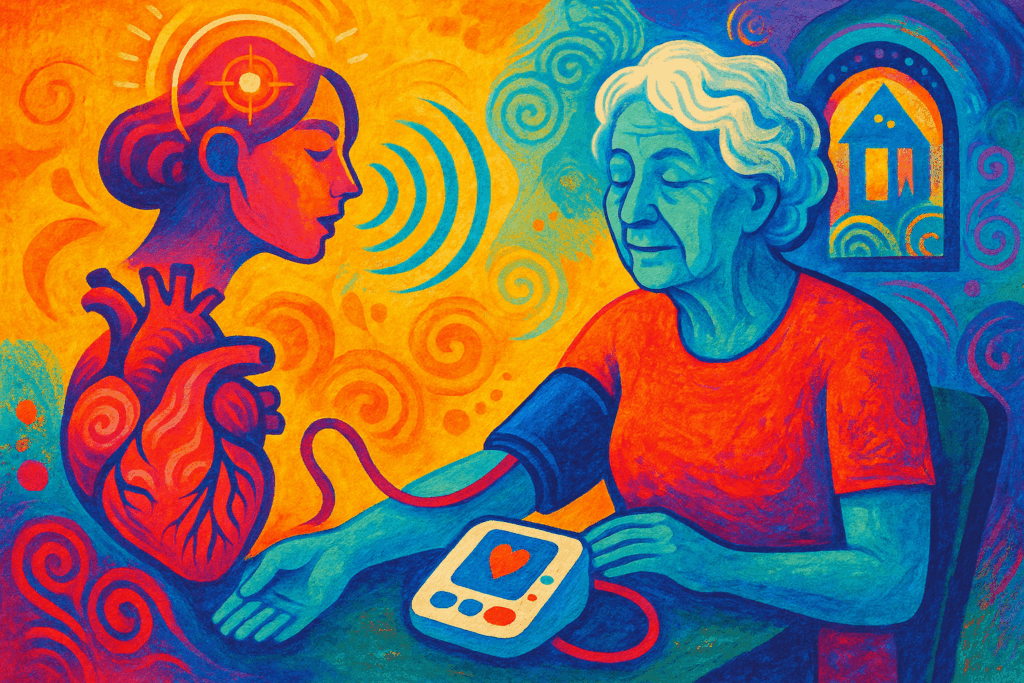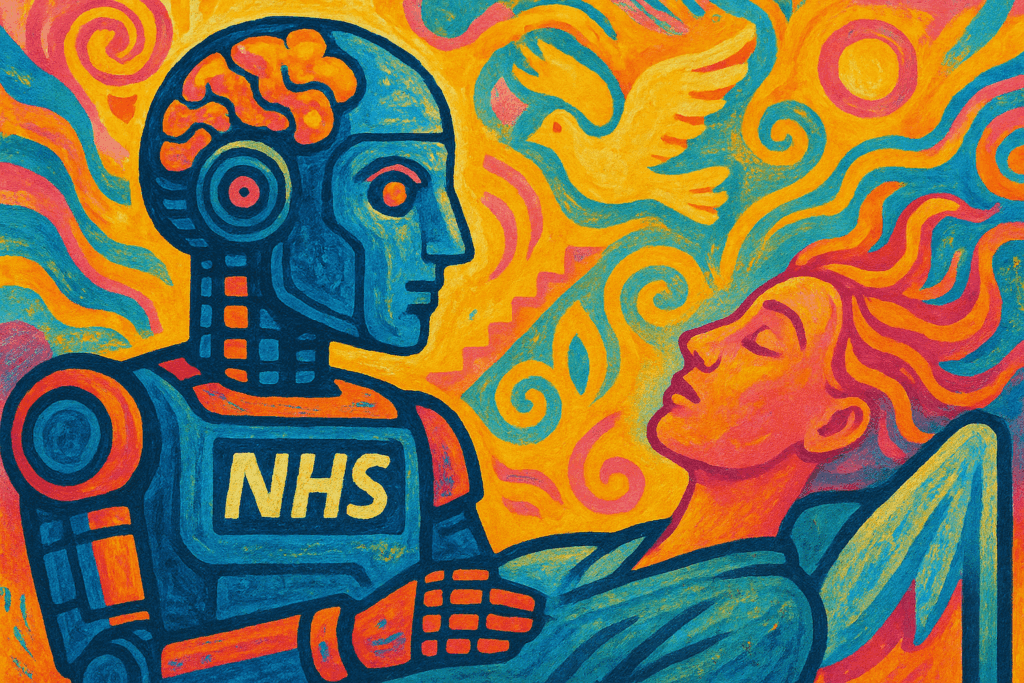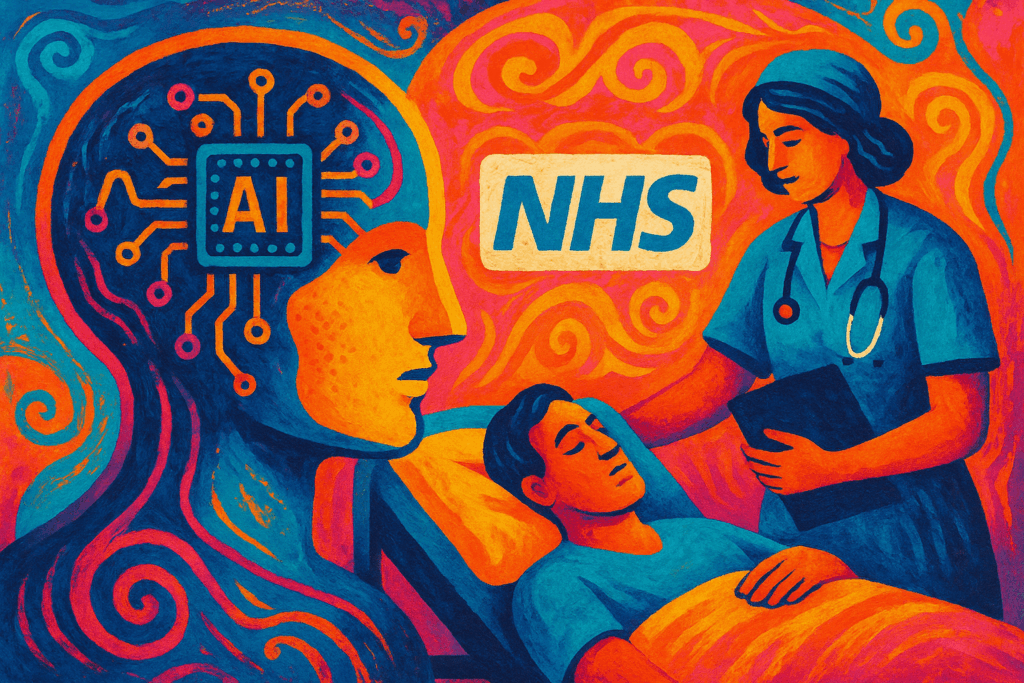The Challenge of Consistent BP Monitoring
Managing blood pressure effectively is a significant challenge for many older adults, especially those managing hypertension from home. Accurate and consistent blood pressure readings are essential for proper diagnosis and treatment. Older adults often face difficulties with self-monitoring due to cognitive or physical barriers and limited access to regular clinical care. These obstacles can lead to gaps in data, resulting in poorly controlled hypertension and increased risk of cardiovascular events.
AI’s Solution: Voice Agents in Action
Artificial Intelligence (AI) voice agents offer an innovative approach to support blood pressure management remotely. These conversational AI systems interact with patients through natural language, guiding them in self-reporting blood pressure measurements or even assisting with live readings using connected devices. AI voice agents function around the clock, provide multilingual support to accommodate diverse populations, and escalate cases promptly when readings indicate potential health risks. The technology fosters continuous engagement and offers personalized interactions that motivate older adults to maintain regular monitoring routines.
Quantifiable Impact: Accuracy, Cost, and Satisfaction
Research conducted in collaboration with Emory Healthcare and supported by the American Heart Association reveals that AI voice agents can significantly improve clinical outcomes. The study reports an 88.7% reduction in cost per blood pressure reading compared to traditional methods. Accuracy of readings improved, contributing to better hypertension control. Patient satisfaction scores averaged above 9 out of 10, demonstrating acceptance and trust in the technology. Additionally, healthcare providers observed improvements in quality metrics, such as elevated CMS Star Ratings, reflecting enhanced care quality for the senior population.
Future Implications for AI in Chronic Care
The successful deployment of AI voice agents in blood pressure management opens possibilities for wider applications in chronic disease care. These tools can reduce healthcare costs while increasing access to care for vulnerable groups who face barriers to in-person visits. As healthcare systems continue to adapt, AI-powered remote monitoring could support management of diabetes, heart failure, and other long-term conditions. By integrating conversational AI into home-based care, stakeholders have an opportunity to improve patient outcomes on a large scale and optimize resource use across healthcare delivery.




